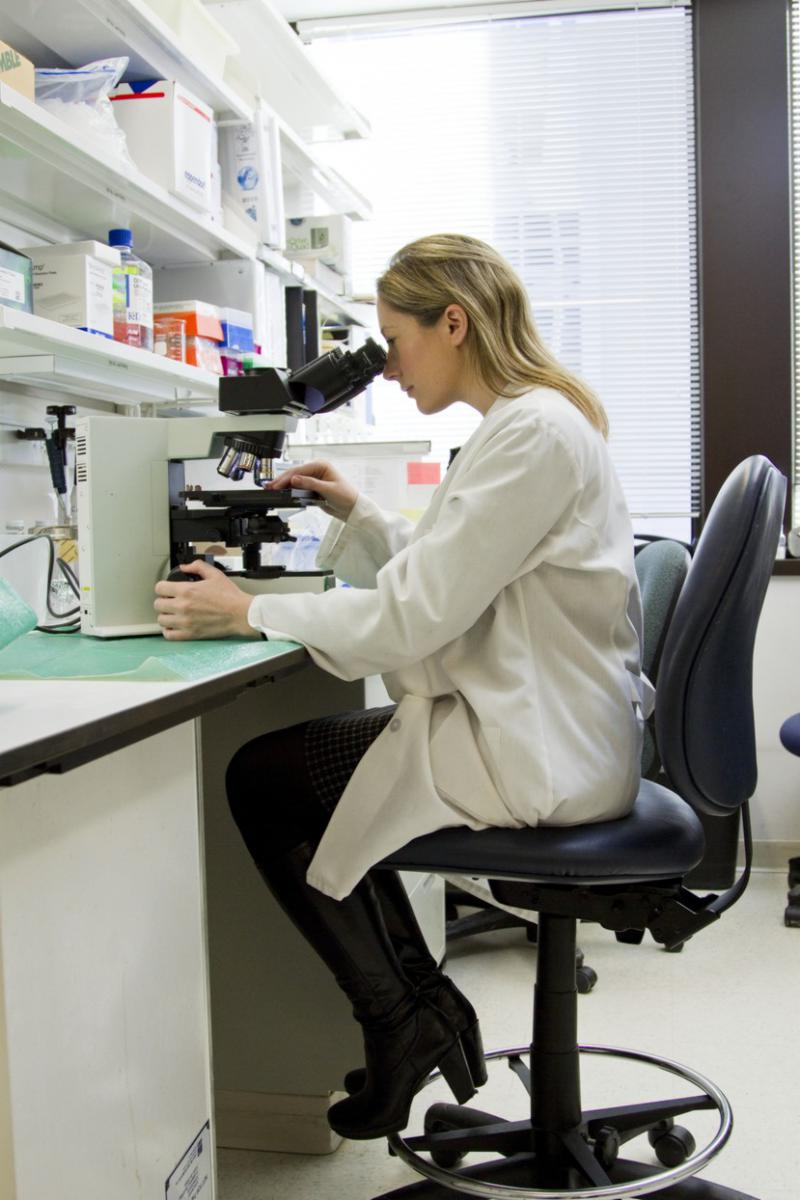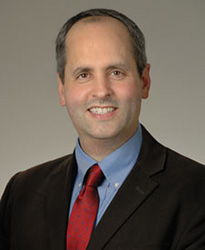
 The National Institute of General Medical Sciences (NIGMS) supports basic research that increases understanding of biological processes and lays the foundation for advances in disease diagnosis, treatment and prevention. NIGMS-funded scientists investigate how living systems work at a range of levels, from molecules and cells to tissues, whole organisms and populations. The Institute also supports research in certain clinical areas, primarily those that affect multiple organ systems.
The National Institute of General Medical Sciences (NIGMS) supports basic research that increases understanding of biological processes and lays the foundation for advances in disease diagnosis, treatment and prevention. NIGMS-funded scientists investigate how living systems work at a range of levels, from molecules and cells to tissues, whole organisms and populations. The Institute also supports research in certain clinical areas, primarily those that affect multiple organ systems.
To ensure the vitality and continued productivity of the research enterprise, NIGMS provides leadership in the areas of: (a) training the next generation of scientists in basic and general biological and biomedical sciences, (b) enhancing the diversity of the scientific workforce, and (c) developing research capacities throughout the country. To accomplish these objectives, NIGMS supports a variety of capacity building and training programs with the ultimate goal of developing a diverse pool of well-trained scientists available to address the Nation’s biomedical research needs.
Please see our training website and research capacity building websites for additional details. Selected diversity-targeted programs are described below.
High School
Undergraduate and Predoctoral Training
- Bridges to the Baccalaureate (T34)
- Bridges to the Doctorate (T32)
- Ruth L. Kirschstein National Research Service Award (NRSA) Individual Predoctoral Fellowship to Promote Diversity in Health-Related Research (Parent F31)
- Initiative for Maximizing Student Development (IMSD) (T32)
- Maximizing Access to Research Careers (MARC) (T34)
- NIH Common Fund Initiative: Enhancing the Diversity of the NIH-Funded Workforce: Building Infrastructure Leading to Diversity (BUILD) (U54)
- Postbaccalaureate Research Education Program (PREP) (R25)
- Undergraduate Research Training Initiative for Scientific Enhancement (U-RISE) (T34)
Postdoctoral Training
- Maximizing Opportunities for Scientific and Academic Independent Careers (MOSAIC) (K99/R00 and UE5)
- Institutional Research and Academic Career Development Award (IRACDA) (K12)
Research Capacity Building Initiatives
- Support of Competitive Research (SCORE) Program (SC1, SC2, SC3)
- Native American Research Centers for Health (NARCH)
- IDeA Networks of Biomedical Research Excellence
Other Diversity Enhancing Initiatives
- Innovative Programs to Enhance Research Training (IPERT) (R25)
- NIH Common Fund Initiative: NIH Coordination and Evaluation Center (CEC) for Enhancing the Diversity of the NIH-Funded Workforce Program (U54 Clinical Trial Not Allowed)
- NIH Common Fund Initiative: Enhancing the Diversity of the NIH-Funded Workforce: National Research Mentoring Network (NRMN) (U54)
- Research to Understand and Inform Interventions that Promote the Research Careers of Individuals in Biomedical and Behavioral Sciences (R01/R35)
- Research Supplements to Promote Diversity in Health-Related Research (Admin Supp – Clinical Trial Not Allowed)






